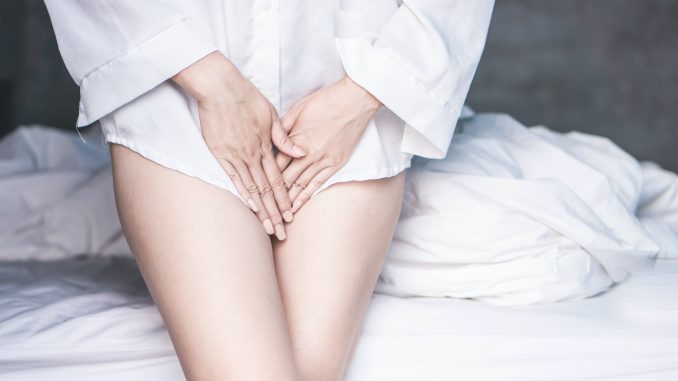
As women age, it’s natural for their bodies to go through various changes, including those related to their reproductive health. The vagina, in particular, undergoes certain transformations over time. While some changes are a normal part of the aging process, there are certain factors that can accelerate the aging of the vagina. In this article, we will discuss why it’s normal for your vagina to change as you get older and highlight five things that can age it faster.
1. Hormonal Changes:
Hormonal fluctuations are a significant factor in the aging process of the vagina. As women enter perimenopause and menopause, estrogen levels decline, leading to various changes in the vaginal tissues. Reduced estrogen can cause vaginal dryness, thinning of the vaginal walls (vaginal atrophy), and decreased elasticity. These changes can result in discomfort during sexual intercourse and an increased risk of vaginal infections. Hormonal changes are a natural part of aging, but certain lifestyle factors can exacerbate their effects.
2. Smoking:
Smoking is known to have detrimental effects on overall health, and it can also age the vagina faster. Smoking reduces blood flow and oxygen delivery to the tissues, including those in the vaginal area. This can lead to a decrease in collagen production and elasticity, resulting in vaginal dryness, irritation, and an increased risk of vaginal infections. Quitting smoking not only benefits your overall health but can also help maintain the health and youthfulness of your vagina.
3. Poor Diet and Hydration:
A balanced diet and proper hydration are essential for maintaining overall health, including the health of the vagina. A diet lacking in nutrients can contribute to weakened vaginal tissues and a higher risk of infections. Additionally, inadequate hydration can lead to vaginal dryness and discomfort. Make sure to consume a diet rich in fruits, vegetables, whole grains, and lean proteins, and stay hydrated by drinking enough water throughout the day.
4. Lack of Exercise:
Regular exercise is crucial for maintaining good blood circulation and overall vitality. Physical activity promotes healthy blood flow to all areas of the body, including the vaginal region. Engaging in exercises that target the pelvic floor muscles, such as Kegel exercises, can help maintain vaginal tone and prevent urinary incontinence. Incorporate regular exercise into your routine to support vaginal health and slow down the aging process.
5. Chronic Stress:
Prolonged stress can have detrimental effects on both physical and mental health. When it comes to vaginal aging, chronic stress can disrupt hormonal balance and weaken the immune system, making the vagina more susceptible to infections and inflammation. Finding healthy ways to manage stress, such as practicing relaxation techniques, engaging in regular exercise, and seeking support from loved ones, can help protect the health and youthfulness of your vagina.
It’s important to note that while these factors can contribute to faster vaginal aging, every woman’s body is different, and the aging process may vary. Some women may experience minimal changes, while others may notice more significant transformations. It’s always a good idea to consult with a healthcare professional if you have concerns about the changes happening in your body.
While certain factors can age the vagina faster, there are steps you can take to maintain vaginal health as you age:
- Maintain a healthy lifestyle: Follow a balanced diet, stay hydrated, exercise regularly, and avoid smoking to support overall health and vaginal well-being.
- Use vaginal moisturizers and lubricants: If you experience vaginal dryness, using moisturizers and lubricants can provide relief and make sexual intercourse more comfortable. Opt for products that are free of irritants and additives.
- Practice safe sex: Using condoms and practicing safe sex can help reduce the risk of sexually transmitted infections (STIs) that can negatively impact vaginal health.
- Stay sexually active: Regular sexual activity, including self-stimulation, can help maintain vaginal elasticity and blood flow.
- Seek medical advice: If you experience persistent vaginal discomfort, changes in discharge, or other concerning symptoms, consult with a healthcare professional who can provide guidance and appropriate treatment options.
Remember, while it’s normal for your vagina to change as you get older, taking care of your overall health and addressing specific factors that can accelerate vaginal aging can help you maintain a healthy and vibrant vagina as you age.
Share this:
- Click to share on Facebook (Opens in new window)
- Click to share on Twitter (Opens in new window)
- Click to share on WhatsApp (Opens in new window)
- Click to share on Reddit (Opens in new window)
- Click to share on Telegram (Opens in new window)
- Click to share on Pinterest (Opens in new window)
- Click to share on LinkedIn (Opens in new window)